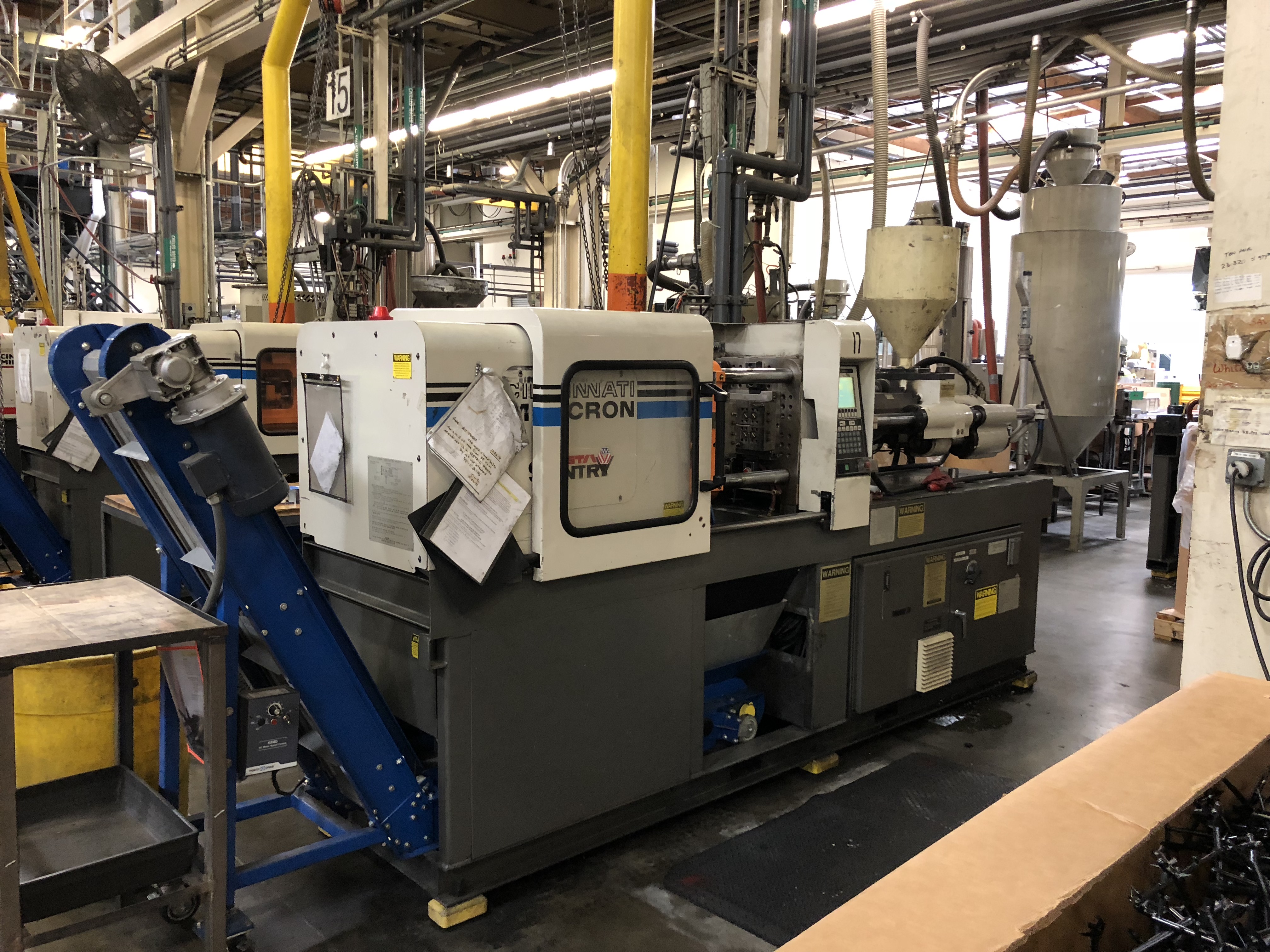Adaptability and Accuracy: Custom Injection Forming Clarified
In the current rapid manufacturing landscape, businesses are constantly seeking cutting-edge solutions that strike a equilibrium between flexibility and accuracy. Bespoke injection molding has emerged as a preferred method for fabricating detailed plastic parts within a varied industries. This technique not only does it allows organizations to manufacture specific components tailored to their unique needs but also enhances efficiency and reduces waste. As manufacturers aim to stay competitive, understanding the advantages of tailored injection molding is becoming essential for optimizing production processes and satisfying market demands.
One of the primary benefits of custom injection molding is its ability to produce extremely detailed and complex shapes with a notable level of precision. This precision is crucial for applications in sectors such as automotive, medical, and electronics for consumers, where even the smallest deviations can affect performance and safety. Additionally, tailored injection molding allows businesses to experiment with different substances and finishes, more expanding design possibilities. By utilizing this manufacturing method, companies can reach the exact requirements required for their products, eventually leading to enhanced overall quality and customer satisfaction.
Comprehending Bespoke Injecting Forming
Tailored injecting molding is a production method which allows for the production of intricate forms and designs using molten plastic. This technology includes forcing heated plastic into a form, in which it solidifies and hardens into the intended shape. One of the main advantages of custom injection forming is its ability to manufacture large volumes of parts with uniform quality, making it a preferred choice for industries that require accuracy in their parts.
The flexibility of bespoke injecting molding allows producers to create detailed shapes that may be difficult or expensive using other manufacturing techniques. Designers can tailor every element of the mold, from the design to the size and even the material properties, allowing for enhanced performance and aesthetics. This level of personalization satisfies the particular requirements of clients across diverse sectors, from automotive to personal devices.
Additionally, bespoke injection molding adds to cost efficiency in mass production operations. Although the initial configuration and equipment may require significant investment, the long-term savings on resource usage, labor, and effort make it an economically viable option. Manufacturers can produce numerous of identical components rapidly, lowering overhead and guaranteeing that businesses can fulfill consumer needs efficiently.
Benefits of Custom Injectable Molding

Tailored injectable molding offers unparalleled versatility in design and production. With the ability to create complex forms and detailed features, manufacturers can tailor products to satisfy distinct needs and preferences. This versatility allows businesses to develop and generate one-of-a-kind solutions that differentiate themselves in a competitive market, giving them a significant benefit over standardized options.
Another key asset of custom injectable moulding is its accuracy. This method enables manufacturers to develop components with strict margins, ensuring high levels of accuracy and uniformity. As a result, items satisfy the exact requirements necessary for different uses, reducing the chance of defects and improving overall quality. This precision is especially vital in fields such as automobile and aerospace, where part reliability is crucial.
Cost efficiency is also a major benefit of tailored injection moulding. While the initial investment costs may be elevated due to tailored dies, the long-term cost reductions on manufacturing costs can be significant. The ability to manufacture large volumes with minimal waste and fast productions helps businesses optimize their production methods. Consequently, bespoke injection moulding not only satisfies individual customization requirements but also supports a more economical manufacturing strategy.
Implementations of Tailored Injection Processes
Tailored injection processes holds a vital function across different fields, offering custom answers for a diverse range of applications. One of the most sectors utilizing this technology is the automotive industry. Automobile builders rely on personalized injection parts for both interior and exterior elements, such as dashboard assemblies, car bumpers, and lighting fixtures. The potential to create light yet durable parts enhances fuel consumption while maintaining structural integrity.
The tech market also gains substantially from custom molded molding. Gadgets such as mobile devices, notebooks, and domestic devices require meticulously designed plastic parts that align smoothly during construction. Tailored molding permits complex patterns and tailored shapes that provide not only utility but also an attractive design for end-users. This capacity to design specifications is crucial in a dynamic, constantly changing technology environment.
Moreover, the healthcare industry more and more uses personalized injection processes to produce bespoke elements for devices and instruments. From casings for diagnostic devices to detailed parts for operating devices, the accuracy and trustworthiness offered by personalized molded components are crucial. Tailoring provides compliance with stringent compliance standards while also fulfilling the specific needs of medical staff and clients, leading to enhanced outcomes in healthcare practices.